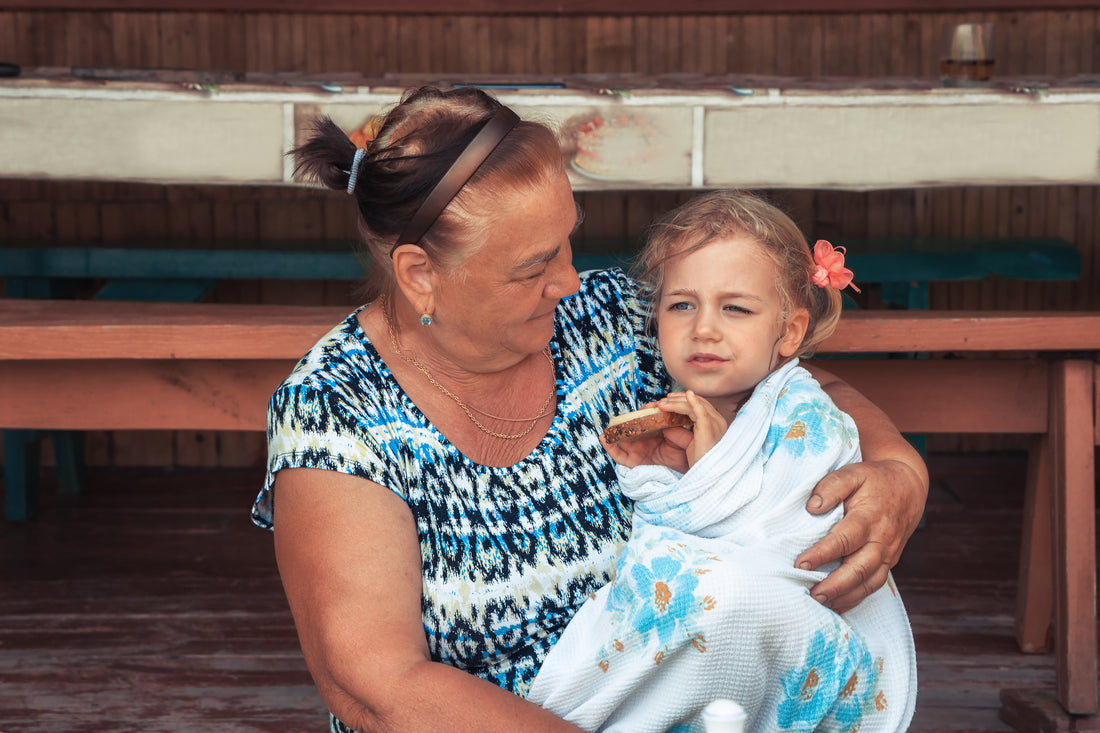
Grandparenting Through A Divorce
Dr. Linda Hancock
![]()
And then there's the grandchildren. They didn't ask for this and you sure don't want them to suffer. As the grandparent you want to do the right things but haven't a clue how to go about that - especially when the "war" is still happening.
People who have never been divorced can either be naïve, ill-informed or unrealistic about the process and outcomes that they are facing. Television and the media offer distorted images (and resolution in 30 minutes).
If you have an adult child or grandchild who is going through separation or divorce, there are some important things for you to know:
- Don't believe everything you hear - Your son or daughter is hurting, and it is natural to try to build a case against the person from whom they are separating. But your adult child wasn't so innocent either. S/he likely contributed to the relationship problems but now wants to gather support by focusing on the sins of the other person rather than their own poor judgment.
- Don't form opinions when you only have limited information - You really don't have all the facts and even though you want to be loyal, you might not have an accurate picture of what is going on. Remember, that the truth is usually somewhere in the middle.
- Don't think you have to solve everything - Judges, mediators and therapists invest years of their lives gaining knowledge and experience so that they can deal with the "mess" appropriately. You do not need to "hold Court" or become the counsellor for any family member. Encourage them to work with those who have expertise so that they can benefit from confidentiality and wisdom.
- Don't invest all of YOUR money into the process - There are many resources in the community that provide "no cost ", "low-cost" or other services that are covered by insurance to help your family members. Having the most expensive lawyer will not necessarily guarantee that you will get the results you are hoping for - especially if you child or the other parent continues to make inappropriate choices fueled by emotions.
- Don't make decisions for your adult child - When you make the decision, you are responsible for the outcome and the consequences. You might start out being the hero and end up being blamed for your help.
- Don't be surprised if things get worse - People in crisis are not usually at their best.
- Don't be surprised if the couple gets back together - Just when you thought you had it all figured out - you didn't!
- Don't neglect your own emotions and needs - You are far better to work with a good therapist who can help you to deal with your own hurts and questions than to randomly talk to people who might turn your words into gossip.
- Don't ever bad-mouth the other person - It is not your job to tell the grandchildren about what has been going on or to "bad-mouth" either of their parents. These are your grandchildren's relatives that you are talking about! Show respect so that you can be a good example for them to follow.
- Don't forget to show love to all family members - Give lots of hugs and kisses. Keep the lines of communication open (but don't focus on the troubles). Talk about shared hobbies, common interests and fond memories. Remember to say "I love you" often (love the people even if you don't love the behaviours).
